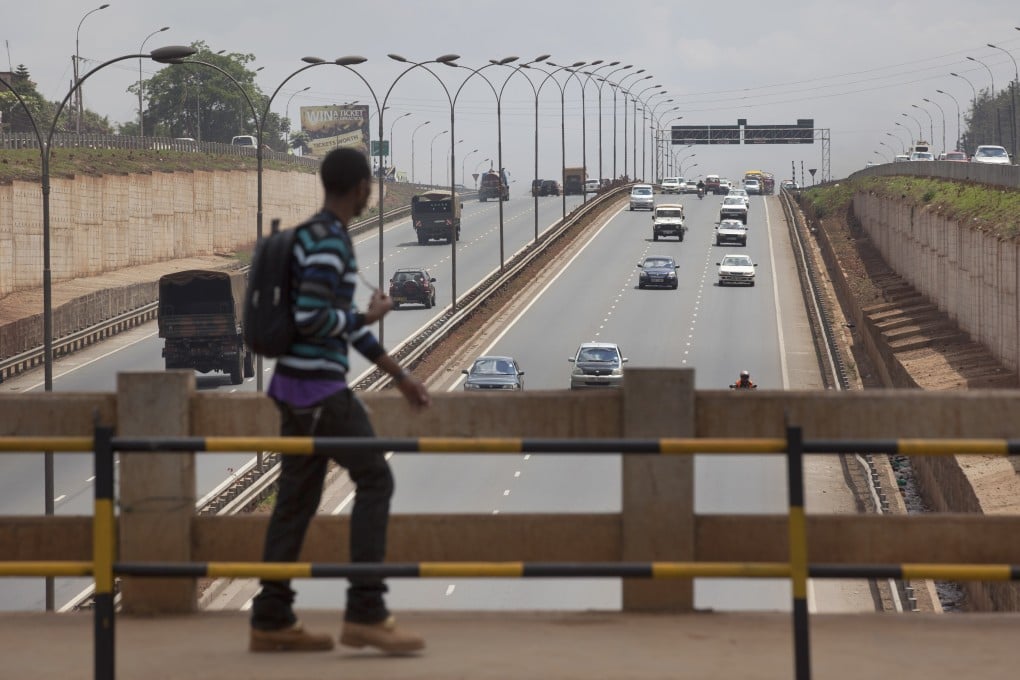A new way for the highway as Africa struggles with Chinese debt
- Slow shift towards public-private partnerships to fund infrastructure projects, where costs are repaid through fees like road tolls
- Beijing has encouraged Chinese companies to get involved in such deals, which could lower repayment risk but are also more profitable

In the Kenyan capital Nairobi, a new four-lane highway is taking shape.
Funded and built by China at a cost of US$600 million, it will cut right through the heart of the city in a bid to reduce traffic jams.
These long-term deals take various forms and can involve equity investment, but they all see taxpayers repaying the companies that build the projects through fees like road tolls. For the Nairobi Expressway, state-owned China Road and Bridge Corporation will recoup its investment over 27 years through toll charges from motorists.
The shift is happening as many African countries are struggling to repay massive debts owed to China for such projects. Analysts say this type of private project finance can lower repayment risk and help African governments reduce their loans and budget deficits. It is also more profitable.

Investments made through public-private partnerships are usually backed by state guarantees, such as from the China Export and Credit Insurance Corporation, or Sinosure. China has long preferred a model of state-to-state lending.